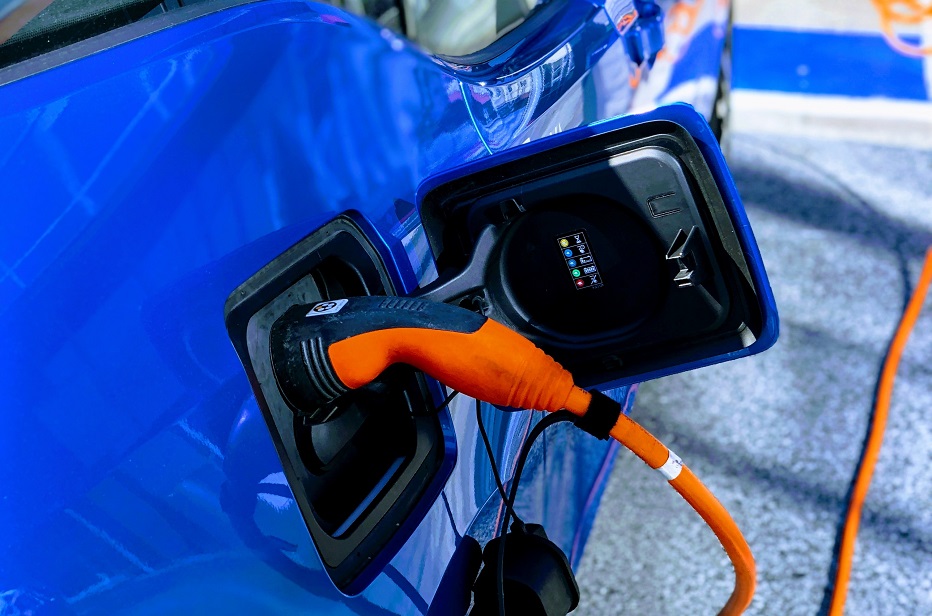 Sustainable EVs
Sustainable EVs
All of the evidence points towards EVs being far and above the sustainability levels of alternatives, and, in the future, likely to become the green standard.
Electricity may power the motors inside of electric vehicles, but more than often than not, fossil fuels provide the plug-in power. According to Bloomberg, the average electric vehicle will consume 286 pounds of coal for every 1,000 km travelled. The reduction of pollution in public areas and a reduced level of by-products is an obvious benefit to EV use, but with the choice of electricity generation restricted, can EVs be truly sustainable? All of the evidence points towards EVs being far and above the sustainability levels of alternatives, and, in the future, likely to become the green standard.
Understanding the footprint
The first thing to note with EV power is that just because the electricity source is green, it doesn’t mean there’s a neutral carbon footprint. According to one study, conducted by Harvard University, the materials and environmental impacts of renewable energy sources creates a carbon footprint. However, this footprint is still far lower than that left by burning fossil fuels. For most homes, installing a renewable energy source to power your vehicle, or taking advantage of one of the UK’s many green-only power suppliers, will give your carbon friendly efforts a good boost. Furthermore, programmes like the Low Carbon Transition Plan will ensure that all energy sources use renewable energy sources, meaning that EV drivers can confident of their capability from source to charging station.
Electric vehicles are becoming hugely popular in the UK. According to tech mag Wired, 4,500 new cars are registered every month in the UK, creating a new demand of 20mW. Where this energy comes from will be of key interest. Signs are pointing towards this energy being generated sustainably. May 9th 2019 saw the UK’s first ever coal-free week since the industrial revolution, and solar and wind farm developments continue to expand across the UK. Arguably, any expansion of the current energy network to deal with EV usage should be accounted for in a green way.
Incremental changes
EV owners should look to secure green energy sources at a personal level while governments work out how to make the entire grid green. In the meanwhile, evidence suggests that simply running an electric vehicle will be better for the environment, and provides incremental change. According to one study, reported on by The Guardian, electric vehicles already have a lower consumption of fuels, meaning they are both cheaper to run and have a lesser impact on the environment. Pair this with less emissions overall, and especially where they’re more likely to be concentrated and have a marked effect – in cities.
Electric vehicles are a no-brainer when it comes to future sustainability. However, while the national grid relies on fossil fuels, question marks will remain over the actual impact of the vehicles in reducing emissions. However, research and trends suggest that, slowly but surely, the energy sources for EVs will enable them to become truly sustainable and boost them above any other idea for green-powered vehicles.
Jennifer Dawson